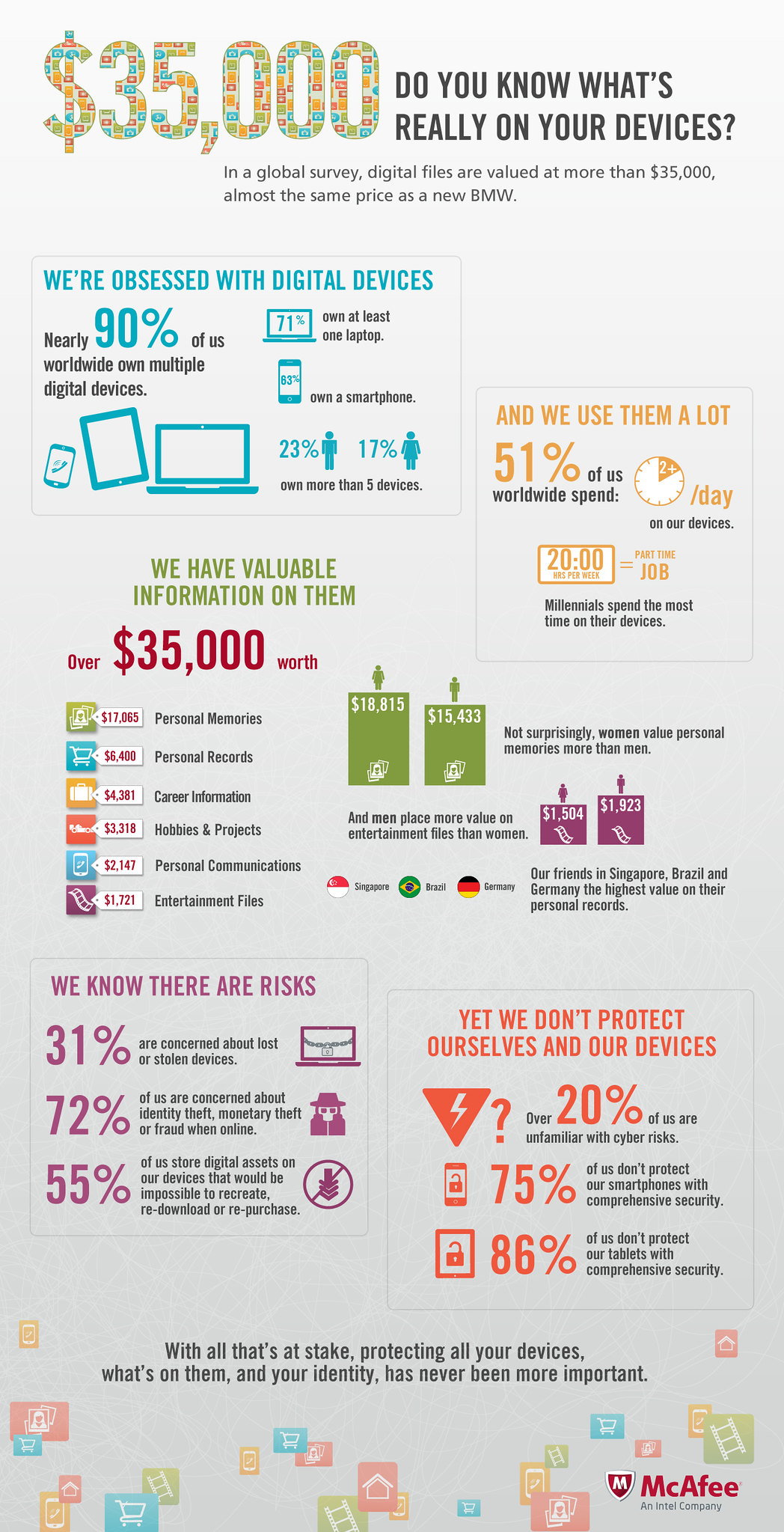This may sound new but the truth is the digital world is ridiculously part of everyday lives of many Filipinos. And because it is part of almost every Filipino’s lives, digital assets are accumulated by them over time.
In our growing advocacy for financial literacy, not only do we teach how to build up wealth and valuable physical properties and how to take good care of them. We also would like to teach about taking care of one’s assets that are built up online.
If you are a blogger or an online seller, most probably you have accounts in online “money banks” and payment systems such as PayPal, Google Wallet, Stripe, Adyen, etc. You consider your money in these accounts as your digital asset.
And if you are a writer or an author, you may be keeping your works and files in your Kindle e-books. You know how valuable these digital assets of yours are. The same thing goes to musicians and songwriters who keep their unreleased songs in iTunes or other similar platforms.
These are some of the very important assets that are mostly overlooked by your family members and your financial advisor. That is if you have one.
In a survey data done online security company McAfee, online users worldwide value their digital assets starting from $35,000. That includes items like personal records, career information, special projects, hobbies, and music and art files.
That’s why I believe that aside from our physical assets we should also ensure that we are able to pass on to our intended family members and beneficiaries all our digital assets in the event of our death.
Here’s a very clear yet disturbing infographic from McAfee that made me think further about taking care of my non-tangible assets in my online portfolio.
The sadder part is that digital estate planning is very new and countries like the Philippines have no laws or regulations with regards to the access to your online accounts by your heirs.
However, there are some ways and measures to take so that your loved ones can access your online accounts or receive your digital assets in similar ways they would receive your money from investment in paper assets and other tangible properties like your land or house or car.
How Can A Digital Estate Plan Help Your Family After You Die?
Creating a digital estate plan will help your family on the following issues:
1) They can easily locate any of your accounts online
2) They can access your accounts and the information you left in those accounts
3) They can determine if your digital asset has any monetary value
4) They will be able to know if your digital assets have to be distributed or transferred to any beneficiary or loved one.
5) This will also help them help you avoid online identity theft.
What Happens To Your Digital Assets When You Die And How To Create A Digital Estate Plan?
1. Keep an inventory of all your online accounts. Your log-in IDs and passwords should always be kept in a secure place. You can assign a digital executor and let him know where to access your information. Another option is using a service like PasswordBox where you can transfer your online information to a digital executor upon your death.
Digital assets may include the following:
- Computers, external hard drives or flash drives, tablets, smartphones, music players, card readers, digicams, and other digital gadgets
- Data and information that are stored online (cloud) or in a physical device or gadget
- Online accounts such as email and social media accounts, shopping accounts, photo and video sharing accounts (Tumblr, Flickr, etc.), online storage accounts, websites, and blogs that you may manage
- Domain or website names
- Intellectual property such as your copyrighted songs, lyrics, poems, logos, trademarks, and other secret codes and inventions you created or written.
2. Determine and decide what to do with your online accounts. Each of your digital asset should be clearly given instructions on how they should be handled. How should each asset be handled? Know which of them should be saved, deleted, or transferred to your loved ones, friends, or business partners.
If you are making money with these digital assets then determine now who to transfer them to and who should receive all the access information after you are gone.
3. Assign a digital executor. Choose someone who is patient, highly-organized and is detail-oriented. He should be committed to listening and following your wishes as you have written in your will. And of course, he should be tech-savvy and comfortable using the Internet and different social media websites.
As much as possible, name different digital executors for your personal, financial, or business-related digital assets.
4. Save and store data and information in secure yet easy to access location. You can securely store and entrust your data to a chosen, trusted person such as your independent counsel. You may also keep them in a secure online data-keeping services, or simply store them in hardware and lock them up in your cabinet or vault. 😉
The most important thing that you inform one or two persons you really trust such as your spouse, adult kids, and of course, your digital executor on HOW and WHERE they can access your files and data.
5. Include your digital assets in your estate plan. Again, digital estate planning is still an alien thing in the Philippines. But then formalizing your plan to include your digital assets is a must. Look back to our first four steps on how to make your digital estate plan effectively executed after you are gone.
However, do not include your passwords and other digital asset access information in your will. Remember that a will becomes a public document when you die and that anyone can read it. Make a separate document containing all the necessary information without the need to formally change your will.
What happens to you digital assets after you die? They depend on how you will follow the steps given above.
Rock your way to abundance!
#moneyliferocknroll
If you want me to coach you in improving your finances, type your name and email below and click the Subscribe button:



Hi Sir Burn,
How about our Online Saving Account in the bank and our online investment? Can I give our password to my spouse so she can widraw and transfer the money online?
Thanks.
Yes, you can do that. But bank accounts and investments (whether traditional or online) will still form part of estate and are subject to estate taxes upon your death. So even if your wife was able to withdraw your money in the bank after you die, the BIR will still ask your wife to pay the estate taxes.
http://burngutierrez.com/what-happens-to-your-stocks-if-you-die/